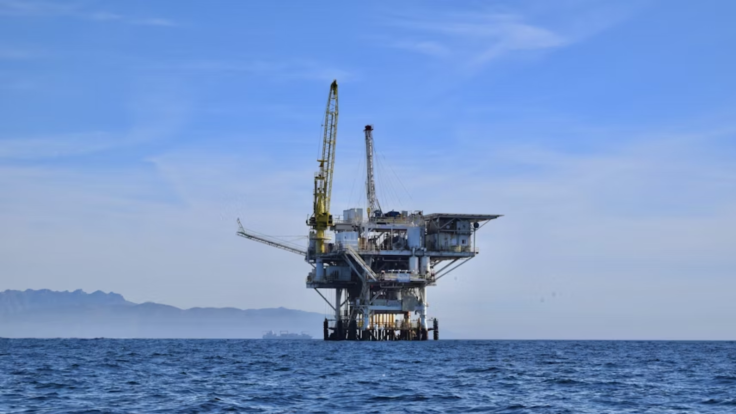2,000 Jobs at Risk as Petrofac Crumbles — Can the Company Recover from Its £6bn Fall?
Once worth £6 billion, energy services firm Petrofac has entered administration after years of financial troubles, sparking fears for workers and the UK's offshore future.

The collapse of Petrofac, once a £6 billion (approximately $7.3 billion) giant in the energy sector, has shaken the United Kingdom's offshore industry and put more than 2,000 jobs at risk. Can the company be saved?
Petrofac is a British-based company that provides services to the global energy industry, specialising in oil, gas, and renewable energy projects. Founded in 1981, the company designs, builds, operates, and maintains energy infrastructure such as offshore platforms and processing plants. It has worked with major international clients on engineering, procurement, and construction projects. Headquartered in London, Petrofac has operations across the Middle East, North Sea, and Asia.
Petrofac, one of the leading service providers to the global energy industry, has filed for administration with the High Court of England and Wales. The move came after TenneT, the Dutch electricity transmission operator, ended Petrofac's role in its 2GW offshore wind grid project in the Netherlands. Petrofac said that only its holding company is affected, and that its operating businesses will continue to trade.
Contract Termination Sparks Collapse
TenneT's decision to cancel the contract was apparently the final blow. Petrofac had worked with Hitachi Energy under a £11.4 billion (approximately $14 billion) agreement to deliver engineering, procurement, construction, and installation services for offshore platforms and converter stations. The cancellation in early October caused major financial strain and forced Petrofac's board to admit that its restructuring plans could no longer continue.
This collapse did not happen overnight. Petrofac's financial struggles have been growing for years, with falling revenues, delayed projects, and increasing debt. The loss of key contracts and shrinking profit margins in the energy sector have gradually weakened confidence in the company's future.
Administrators, Creditors, and Lenders Step In
Administrators from Teneo have been appointed to take control of the company's assets and explore options to keep it running. Petrofac confirmed that it will continue trading while new restructuring and merger plans are considered. The administrators are expected to work closely with management to maintain operations and protect as much value as possible.
Petrofac still has some support from its main creditors and lenders. The Ad Hoc Group of Noteholders has agreed to continue providing flexibility as new financial solutions are explored. Its lenders have also extended repayment deadlines, giving Petrofac limited time to find a long-term fix.
The Human Cost and Industry and Political Fallout
The company's fall has serious consequences for thousands of workers, especially in Scotland, where many of its North Sea operations are based. More than 2,000 jobs are now in danger, and employees are waiting to see if a buyer can be found to save parts of the business.
The timing of Petrofac's collapse has added pressure on Energy Secretary Ed Miliband, as concerns grow over the state of Britain's offshore energy sector. The loss of such a major company comes amid a difficult transition to renewable energy, where private and public roles are still being balanced. Petrofac's downfall has become a warning sign of the challenges facing the industry during this period of change.
Can Petrofac Recover?
Whether Petrofac can recover remains unclear. The administrators will try to restructure its debts, find buyers, and keep operations stable. For now, the focus is on keeping projects going and maintaining the trust of creditors and clients.
© Copyright IBTimes 2025. All rights reserved.
















